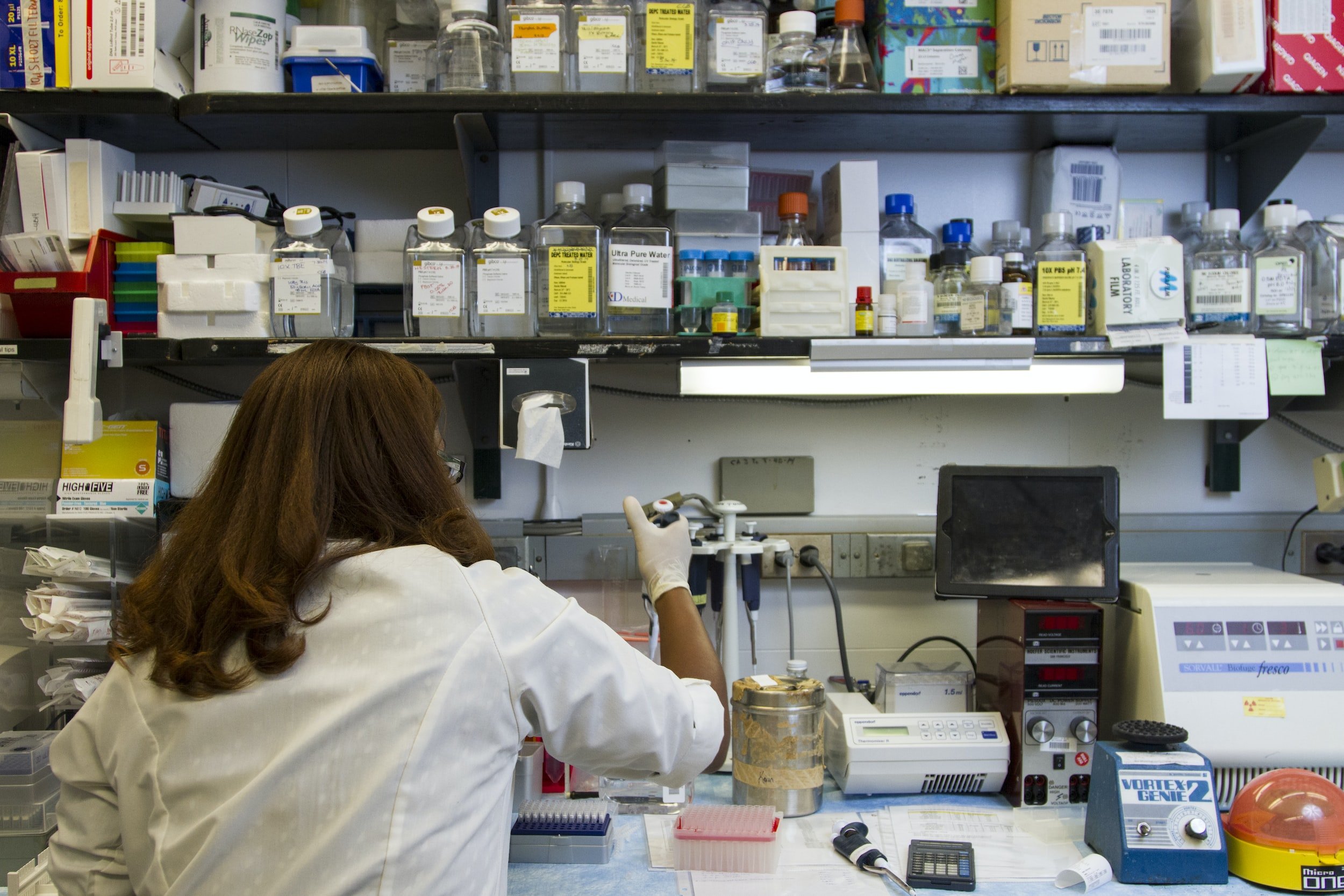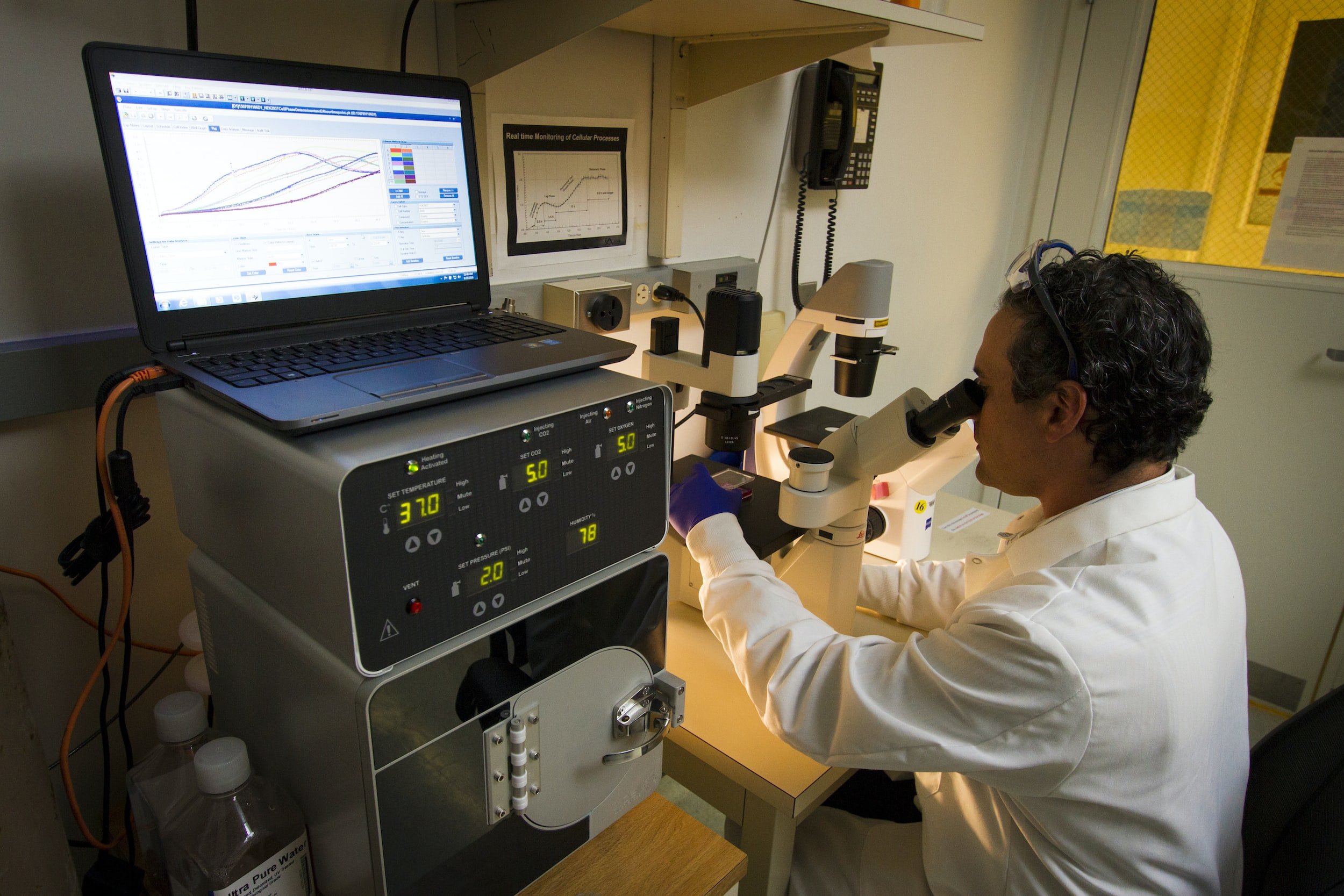
REACH Biobank
Rare Epigenetic And Chromatin Disorders
About REACH
REACH (Rare Epigenetic and Chromatin Disorders) is a biobank created as a joint collaboration between the Arboleda Lab, Dr. Bianca Russell, and the Weksberg Lab at UCLA.
We are committed to supporting innovative and cutting-edge research that leads to breakthroughs in the diagnosis, prevention, and treatment of genetic disorders caused by ASXL1, ASXL2, ASXL3, and KAT6A mutations among other rare genetic disorders. We value transparency, integrity, and collaboration, and seek to foster partnerships with the scientific community, healthcare providers, and patient advocacy organizations to ensure that our efforts are aligned with the needs of all stakeholders.
Our Mission
Our mission at REACH is to advance the understanding and treatment of epigenetic disorders through the responsible and ethical collection, storage, analysis, and distribution of high-quality biological samples and associated data. We strive to facilitate ground breaking research that improves the lives of patients and families affected by these conditions.
What is a biobank?
A biobank is a repository that collects, stores, and distributes biological specimens and associated data to support research.
Our biobank collects and stores samples from individuals with rare genetic disorders, in accordance with strict ethical and quality standards, ensuring that samples are of the highest quality and integrity.
Once samples are collected and stored, they are made available to researchers and healthcare professionals for a wide range of studies, including those focused on diagnosis, treatment, and prevention of these genetic disorders.

How A Biobank Works
1. Patient Donates Samples
Patient samples are collected by certified personnel at UCLA Ronald Reagan and include a blood sample and/or skin punch biopsy.
2. DNA, RNA, Proteins, and Cells are Extracted from Samples
After collection, the samples are sent to the biobank where DNA , RNA, proteins, and cells are extracted, processed and stored in a secure location.
3. Epigenetic and Transcriptomic Data is Generated
Your Samples are analyzed to look at epigenetic and transcriptomic differences caused by these genetic mutations. The genetic data, along with the molecular findings from our studies is then linked with phenotypic data.
Contact Us
615 Charles E Young Dr S
Los Angeles, California United States
Publicly Available Data



